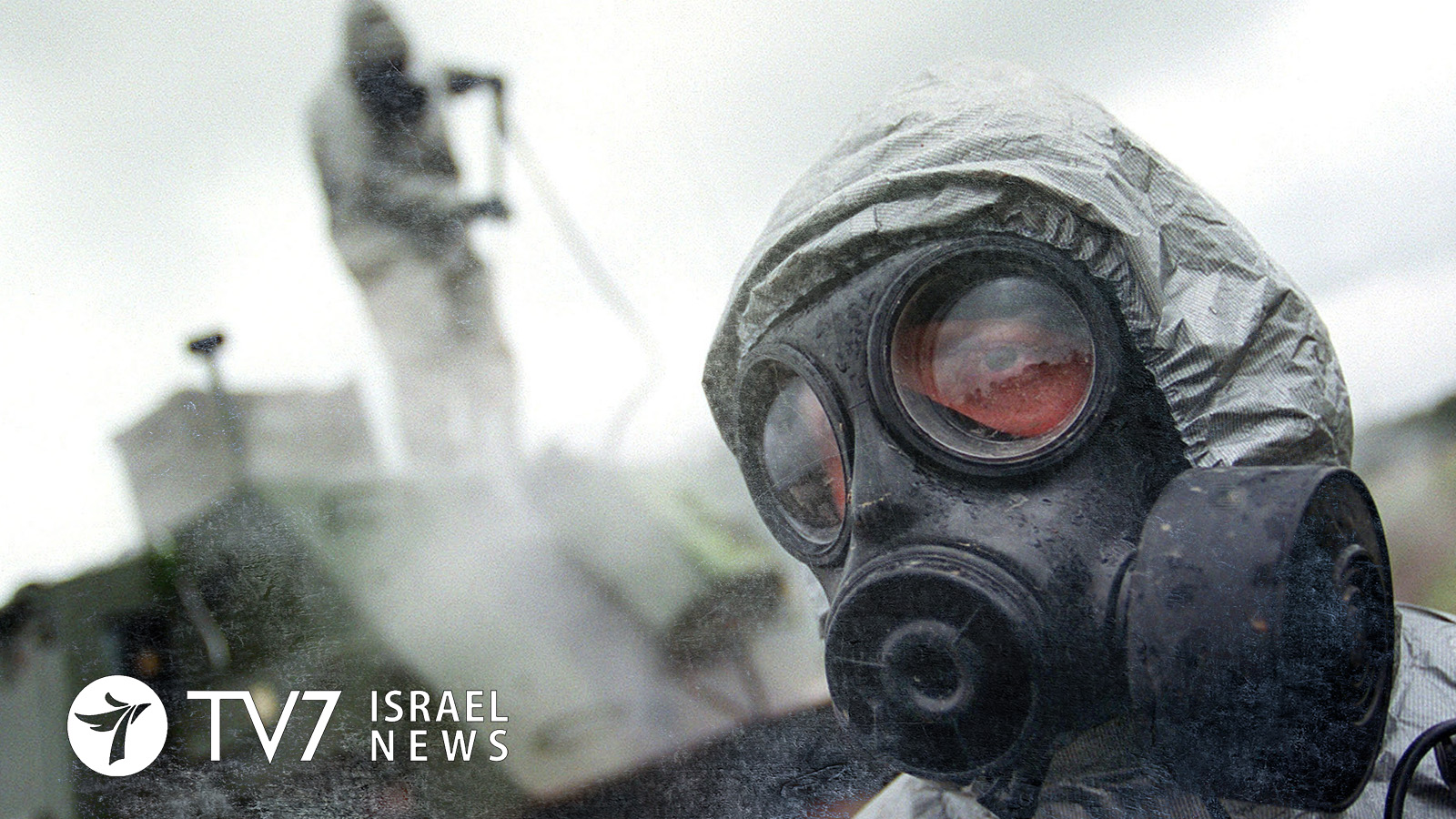Members of the OPCW, the Organization for the Prohibition of Chemical Weapons, overwhelmingly rejected a Russian-led initiative to undercut new powers granted to the agency, which provide the chemical weapons watchdog with the power to point a blaming finger for the use of banned toxic munitions in Syria. While the 20-year-old Organization for the Prohibition of Chemical Weapons originally served as a technical body to determine alleged uses of chemical weapons, under its mandate – based on a 1997 treaty that banned the use of toxins as weapons – it did not have the authority to lay blame on those it believed responsible. After a series of chemical attacks in Syria, and the use of illegal agents on European soil, a British-led initiative successfully managed to grant the global chemical weapons watchdog with the mandate to identify and hold responsible those it believes are responsible for chemical attacks. The granting of the new authority has infuriated Russia, which was subject to Western accusations of breaching the 1997 treaty on several occasions. Speaking at a press conference in Minsk, Russian Foreign Minister Sergei Lavrov stressed that the West was seeking to change “the essence of the 1997 Convention,” while claiming that the provision of additional powers to the OPCW was a blatant attack “on the fundamental principles of international law.” The Russian Foreign Minister argued that “To authorize a technical body, as it is called the Technical Secretariat, with functions which are an exclusive right of the U.N. Security Council, means to attack the fundamental principles of the international law.” / “The way our western partners deal with this issue now, how they actually change the essence of the (1997 Chemical Weapons) Convention by pressuring the vote – and we know that a whole range of steps was accompanying it, including blackmail and bribery. This is not the international law, but an order based on rules which the western partners would like to impose at their own discretion, not taking the opinion of others into account.” Among the countries that have joined Russia in opposing the additional powers granted to the OPCW are Iran, Syria, China and India.
It is important to note that one allegation still under investigation by OPCW inspectors, is the suspected chemical attack in April in the Syrian town of Duma. While Moscow and Tehran, whom back the Assad regime, vehemently deny any chemical attack took place, an interim report sided with Western allegations, according to which weapons inspectors found “various chlorinated organic chemicals” at the site of the alleged attack.
